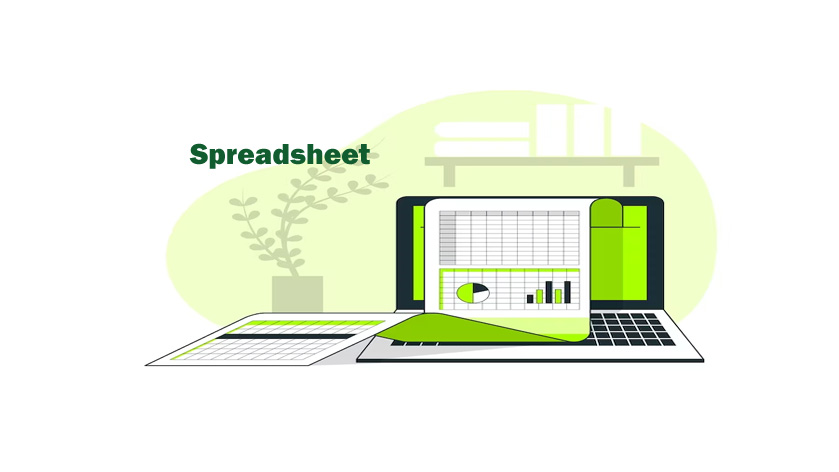A spreadsheet is a computer application or software designed to create, organize, and analyze data in rows and columns. This software is top-rated for accounting, data analytics, and presentations. When you define it, it is a scalable grid-based system allowing you to organize data, analyze, and perform calculations. It is for both personal and professional use.
You can perform different addition, subtraction, multiplication, and division calculations. Some examples of spreadsheets are Google Sheets, Microsoft windows Excel, and others. Moreover, these sheets are available on Android, Windows, macOS, and more. And the collection of spreadsheets is called a workbook.
What are the Uses of Spreadsheet?
The spreadsheet has various uses. It is mainly with anything that has numbers. Let’s dive into some of the common uses of spreadsheets:
- Forms: Various forms are created on it that help in various aspects, such as surveys, timesheets, performance reviews, etc.
- Sales and Marketing: It helps create company sales reports, track leads, and analyze sales and marketing campaigns.
- Education: It is used in schools and colleges to create timetables or schedules, exam dates, grades and assignments tracking, and more.
- Personal organization: It helps users stay organized by helping them plan their work schedule and personal finance activities, track their health journey, and more.
- Data Analysis: It is used to organize and analyze data, help in calculations, and create charts.
- Human Resources Management: Spreadsheets are used for tasks such as employee scheduling, payroll management, performance tracking, and HR reporting. They help HR departments organize employee data, calculate salaries and benefits, and generate various HR reports.
Conclusion
In conclusion, the spreadsheet is helpful for various purposes across industries and personal tasks. They facilitate financial management, data analysis, project planning, inventory tracking, human resource management, sales and marketing analysis, education, research, personal organization, and data visualization. Therefore, their flexibility, ease of use, and ability to handle complex calculations make them indispensable for professionals and individuals seeking efficient ways to organize, analyze, and present data.

